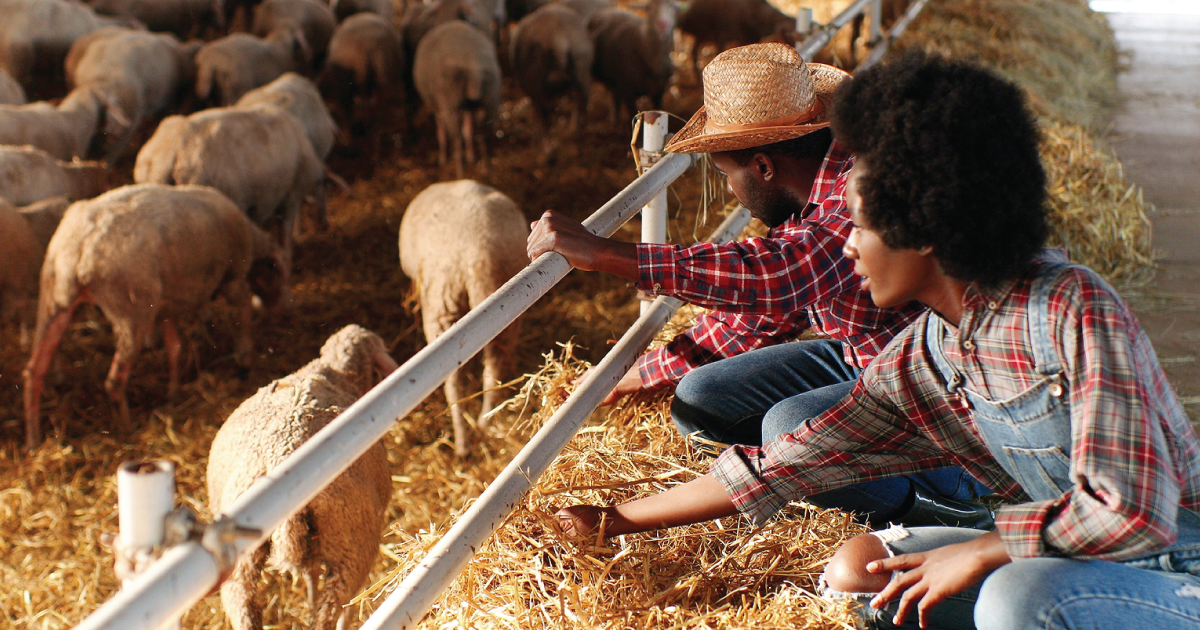
Does Regenerative Agriculture Have a Race Problem?
When the documentary Kiss the Ground was released on Netflix earlier this year, it introduced the concepts of regenerative agriculture and soil health to a mainstream audience. Produced by the nonprofit organization of the same name, the film has won a slew of awards. And the trailer alone has been viewed over 8 million times.
January 5, 2021 | Source: Civil Eats | by Gosia Wozniacka
BIPOC farmers and advocates say the latest trend in agriculture is built on an age-old pattern of cultural theft and appropriation.
When the documentary Kiss the Ground was released on Netflix earlier this year, it introduced the concepts of regenerative agriculture and soil health to a mainstream audience. Produced by the nonprofit organization of the same name, the film has won a slew of awards. And the trailer alone has been viewed over 8 million times.
And yet, the film has also frustrated and alienated a number of Black, Indigenous, and people of color (BIPOC) in the food and agriculture world who say it all but excludes their voices and completely ignores their ancestors’ contributions to the regenerative movement. What’s worse, they say, is that the film fails to step beyond its soil health focus and upbeat message about reversing climate change to address the social inequities and structural racism at the heart of American agriculture, including Black and Indigenous land dispossession, discrimination, and a lack of access to farmland.
